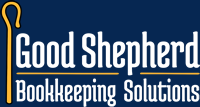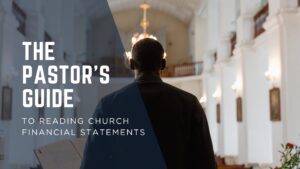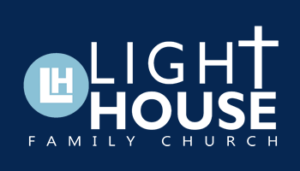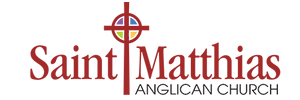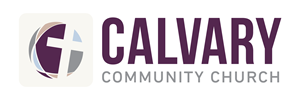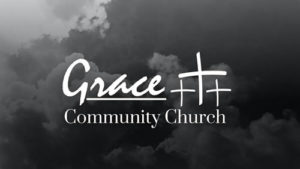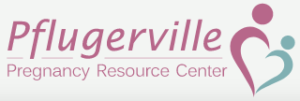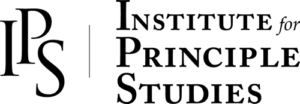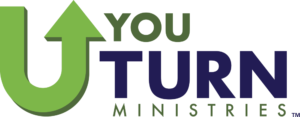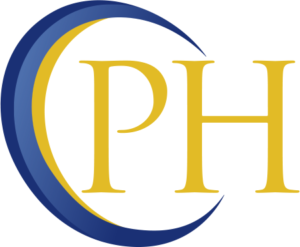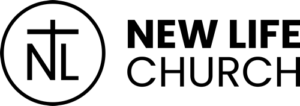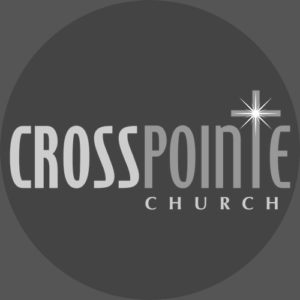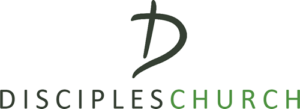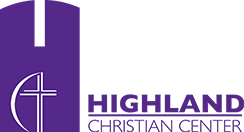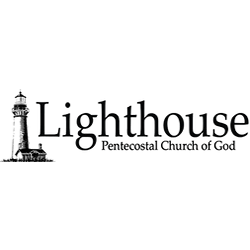Navigating the complexities of tax season can be daunting, especially for clergy members whose unique financial situations require special consideration. Here are five essential aspects of clergy taxation that every minister should keep in mind when filing taxes.
Housing Allowance Exclusion
Unlike other professions, clergy members can exclude a portion of their income designated as a housing allowance from their taxable income. This unique tax benefit allows ministers to deduct housing expenses such as rent, mortgage interest, utilities, and property taxes.
Parsonage Allowance Exclusion
Clergy members living in a parsonage or housing provided by their religious organization can exclude the fair rental value of that housing from their taxable income.
Self-Employment Tax
Clergy Housing allowance is not subject to federal income tax, while the portion of the clergy member’s income that is not designated as a housing allowance is subject to regular income taxes. However, clergy members are treated as self-employed individuals for Social Security and Medicare tax purposes, meaning they are responsible for paying the entire amount of these taxes themselves, both the employee and employer portions (commonly referred to as self-employment taxes).
Dual Status as Employee and Self-Employed
Related to the previous point, clergy members are considered dual-status taxpayers, as they are often treated as employees for income tax purposes, but self-employed for Social Security and Medicare tax purposes. This dual status affects their tax filing requirements and obligations.
Exemption from Withholding Taxes
Clergy members can request exemption from federal income tax withholding. Instead, they can choose to make quarterly estimated tax payments to cover their tax liabilities. This exemption applies to income designated as a housing allowance or paid directly from a religious organization for ministerial services.
Clergy should work closely with a knowledgeable CPA or tax professional who understands the complexities of clergy taxation to ensure compliance and maximize tax benefits. If you’re a clergy member looking for help filing taxes, we’d recommend the individuals below as great resources for you to contact.
Doug Guard
doug@bookofnumbers.net
(224) 628-0413
Ericka Williams, EA
ewilliams@trinityglobalfinancial.com
(850) 877-9461
